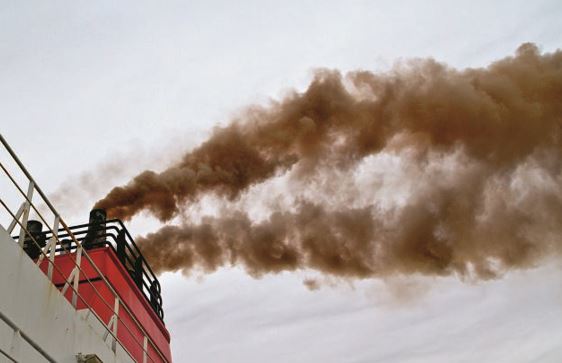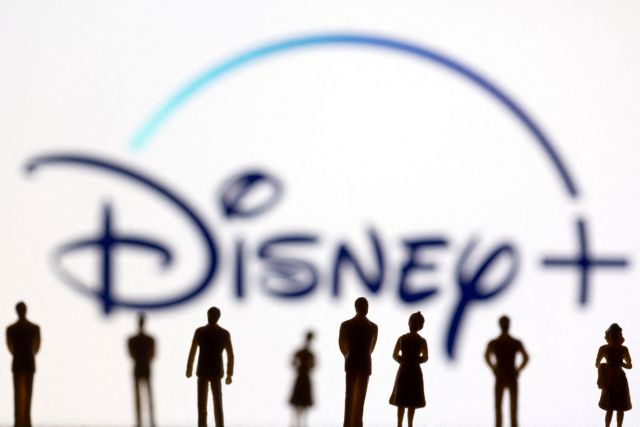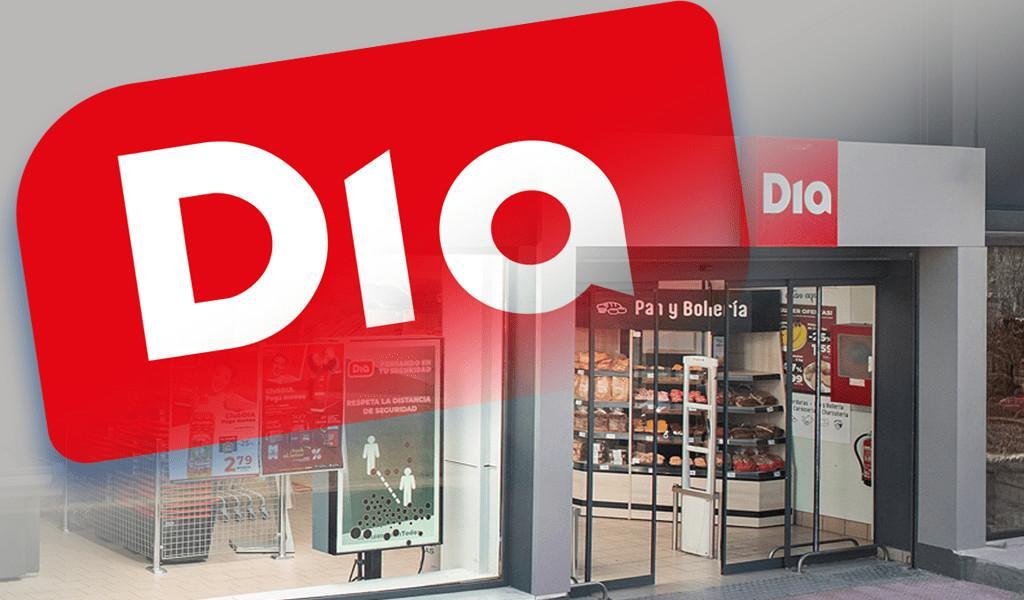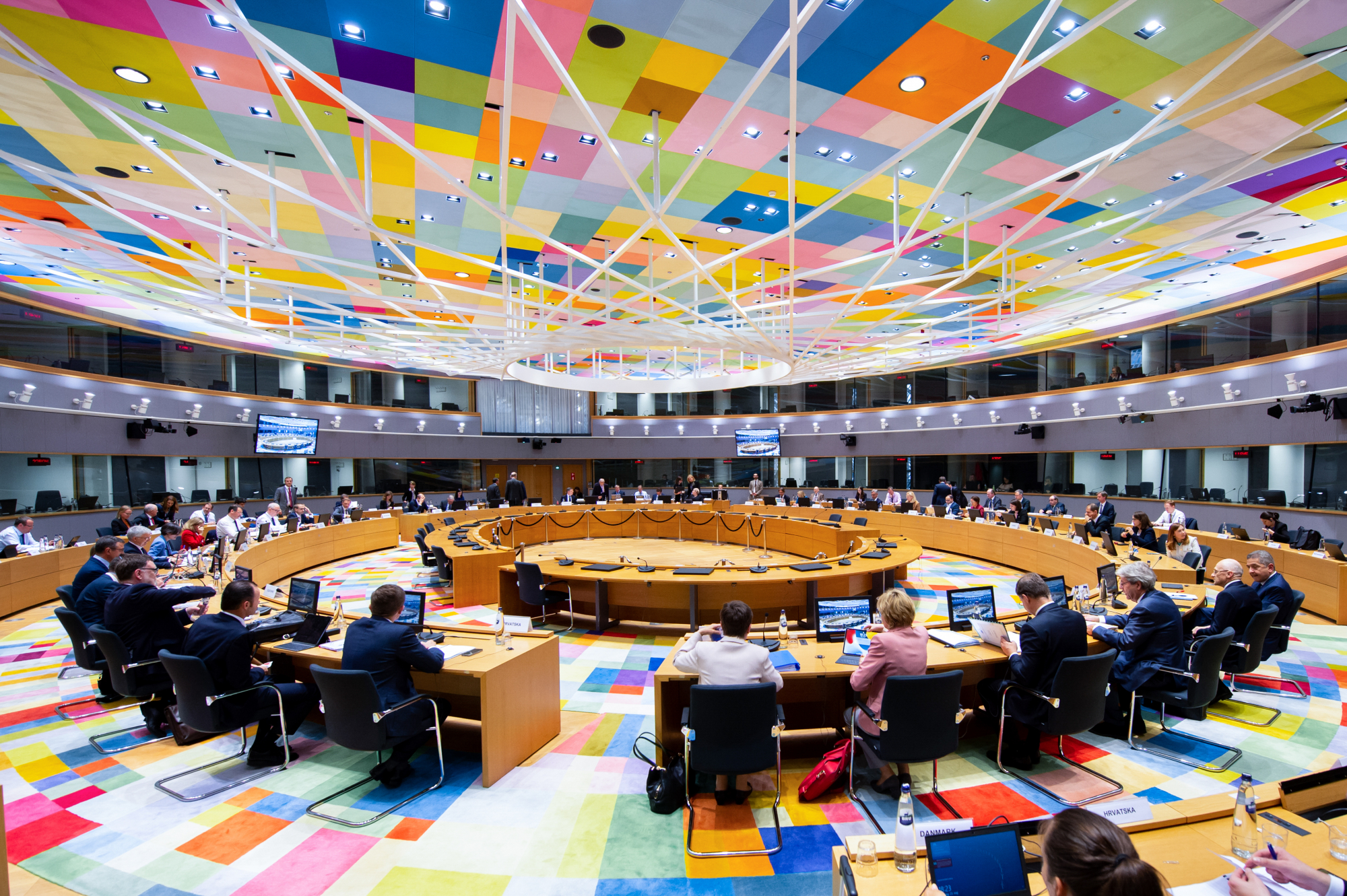For centuries, sails have been the main form of propulsion for shipping. The first advanced mechanical means of propulsion was the charcoal-powered marine locomotive, which appeared in the early 19th century. At the beginning of the 20th century, maritime fossil fuel was put into general use and began to replace coal as the fuel of choice in steamships. In the second half of the 20th century, diesel engines almost phased out thermal turbines. In fact, most new vessels since the 1970s have been built with diesel engines, which run on Heavy Fuel Oil (HFO), a residual product derived from oil distillation and pyrolysis. For six decades, low-speed, two-stroke, HFO-combustion marine diesel engines dominated over other marine propulsion systems, fuelling a long period of robust growth in international maritime shipping and keeping the cost of maritime transport low and stable in real terms for decades.
But what is the secret of this success? Why has this fuel become so popular with global vessel engine manufacturers? A study conducted by the Union of Greek Shipowners entitled “Survey of Alternative Fuels–Technologies for Shipping” provides the answers and underlines, indirectly but clearly, what is required for the new era of alternative fuels to constitute once again an era of competitive, cheap and efficient maritime transport.
The study explains that there are two components to this success story: on the one hand, a cheap (because it is a residual by-product of the refining process), reliable and energy-dense fuel that was widely available; on the other hand, the use of a highly reliable and impressively efficient nautical engine. Together, these two elements are the binders of the current universal marine propulsion system.
The fact that, for decades, the entire maritime industry has been using the same recipe of HFO and Marine Diesel Oil (MDO) has led to the creation of an extensive network of fuel supply and refuelling infrastructure worldwide, to meet the needs of a global commercial fleet and its spectacular expansion following World War II.
Nevertheless, in recent years the growing dynamics and regulatory framework towards a future of decarbonisation may mark the beginning of the end for the universal use of HFO and distillates as marine fuels. While the search for new, environmentally sustainable marine fuels is still in its early stages, one thing is already clear: the era of propulsion techniques, that are universally applicable, seems to be coming to an end. However, zero-carbon fuel candidates have so far failed to match the safety, reliability, cost-effectiveness, availability and energy density of HFO, leading experts to believe that the landscape in marine fuels of the future will be fragmented. Moreover, although new zero-carbon fuels are not yet technologically mature, they are more than likely to be much more expensive than HFO, mainly due to the fact that maritime shipping, after decades of burning low-demand residual fuel from other sectors, will be in direct competition with land-based sectors and other modes of transport. In addition, there are still abundant reserves of fossil fuels worldwide, many of which have very low marginal production costs.
A long and uncertain transition to multiple fuels
The study notes that as the maritime industry enters a long and uncertain period of transition to a multi-fuel future, shipowners will face the difficult task of deciding which fuel and propulsion technique to choose or how to protect their fleets and assets.
It is also worth noting that in any maritime shipping industry the uncertainty is no greater than in bulk/tramp shipping, which due to the service it provides and the cargo it carries, does not by nature operate regular voyages and does not operate on the basis of planned or published approaches in ports. Thus, its mode of operation is inextricably linked with and relies heavily on a globally available universal fuel, allowing ships to approach any port.
Therefore, it is only logical that the owners of bulk/tramp maritime shipping should be concerned by the fact that the propagation of new zero-carbon fuels bodes very poorly for global availability, which in turn casts doubt upon the sustainability of the way in which bulk/tramp shipping operates and its ability to continue, as it has been doing for almost a century – to serve maritime trade and global economic growth in an economically unparalleled manner.
Different levels of maturity of alternative fuels
The study then goes on to analyse the potential of new alternative fuels so far, noting inter alia that LNG dual fuel engines (LNG DF) can currently provide a transitional solution for certain segments of the industry, provided that LNG refuelling infrastructure is established in large ports around the globe.
Mixed ‘drop-in’ fuels, which are compatible with all modern marine engines (all types of vessels regardless of the type of voyage they perform), that can burn biofuels without requiring techniques and safety or design adjustments, can also be a partial solution to bulk/tramp shipping. Biofuels should be available in sufficient quantities in ports around the world.
In regard to other alternative fuels such as ammonia, methanol or hydrogen, a new generation of marine internal combustion engines is needed and a technological progress is required that has not yet been developed for seagoing vessels, which should be developed by other stakeholders such as energy suppliers, marine engine manufacturers and shipyards.
Most new and alternative fuels have properties that pose different safety challenges than conventional fuels. This requires the development of regulations and technical rules for safe design and use on board ships, in parallel with the technological progress required for their use. Many low-carbon alternative fuels require pilot fossil fuels to be also transported on board for combustion (to ignite in dual nautical engines).
The costs for crews and their training are important factors for all alternative fuels except sustainable biofuels.






































